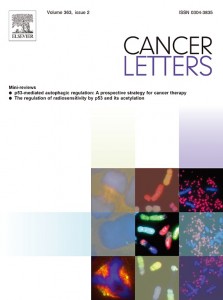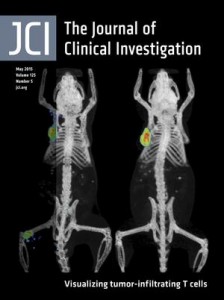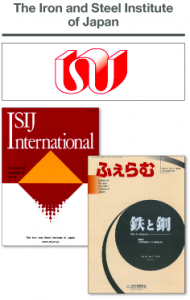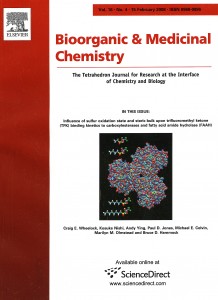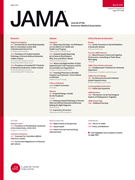 JAMA has issued an Expression of Concern about a 2005 study of whether two different types of vitamin B could prevent broken hips in people who’d suffered strokes.
JAMA has issued an Expression of Concern about a 2005 study of whether two different types of vitamin B could prevent broken hips in people who’d suffered strokes.
In this Japanese population with a high baseline fracture risk, combined treatment with folate and vitamin B12 is safe and effective in reducing the risk of a hip fracture in elderly patients following stroke.
Here’s the notice for the study, “Effect of folate and mecobalamin on hip fractures in patients with stroke: a randomized controlled trial:” Continue reading JAMA vitamin-hip fracture study earns Expression of Concern for integrity issues
